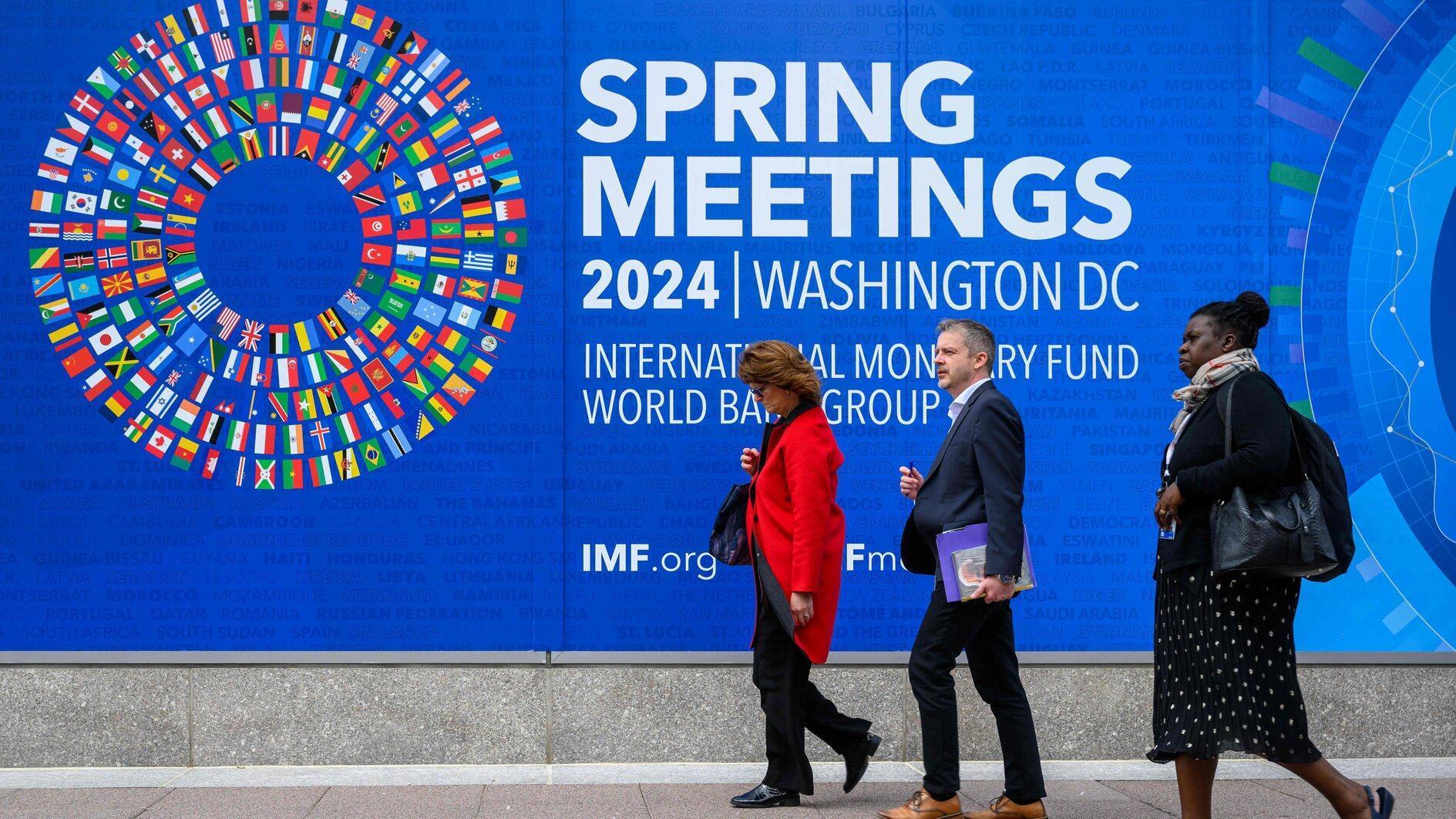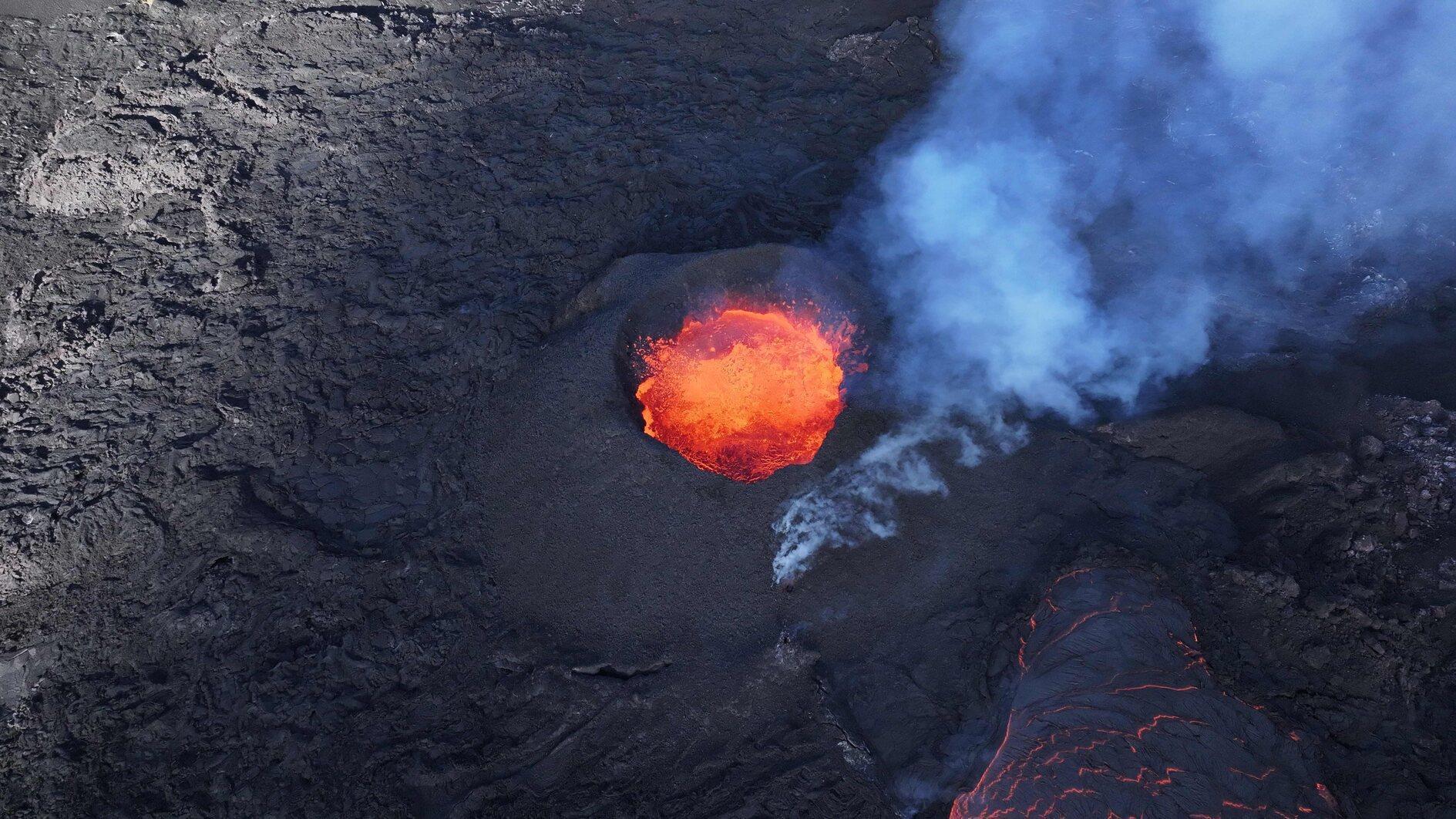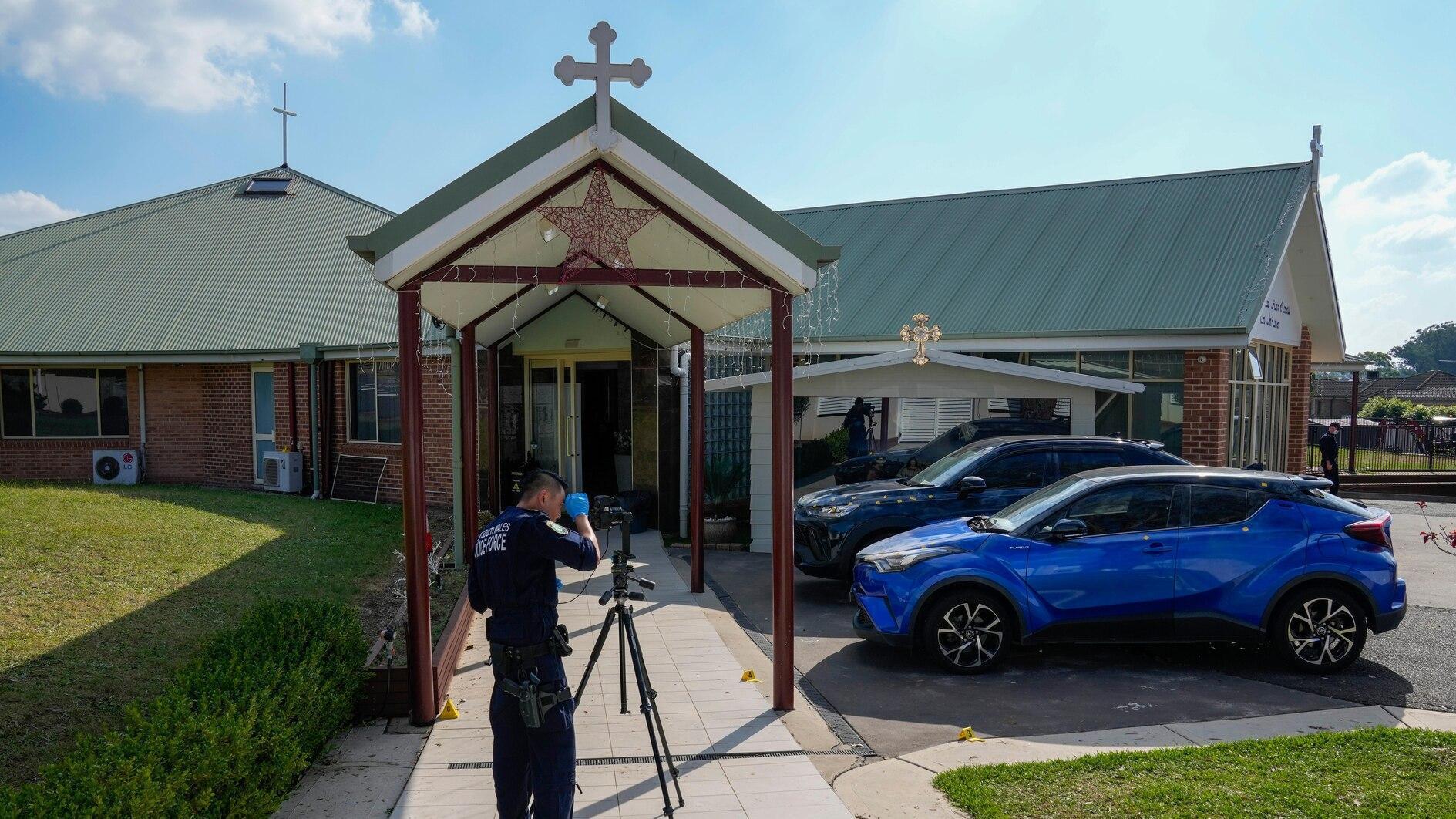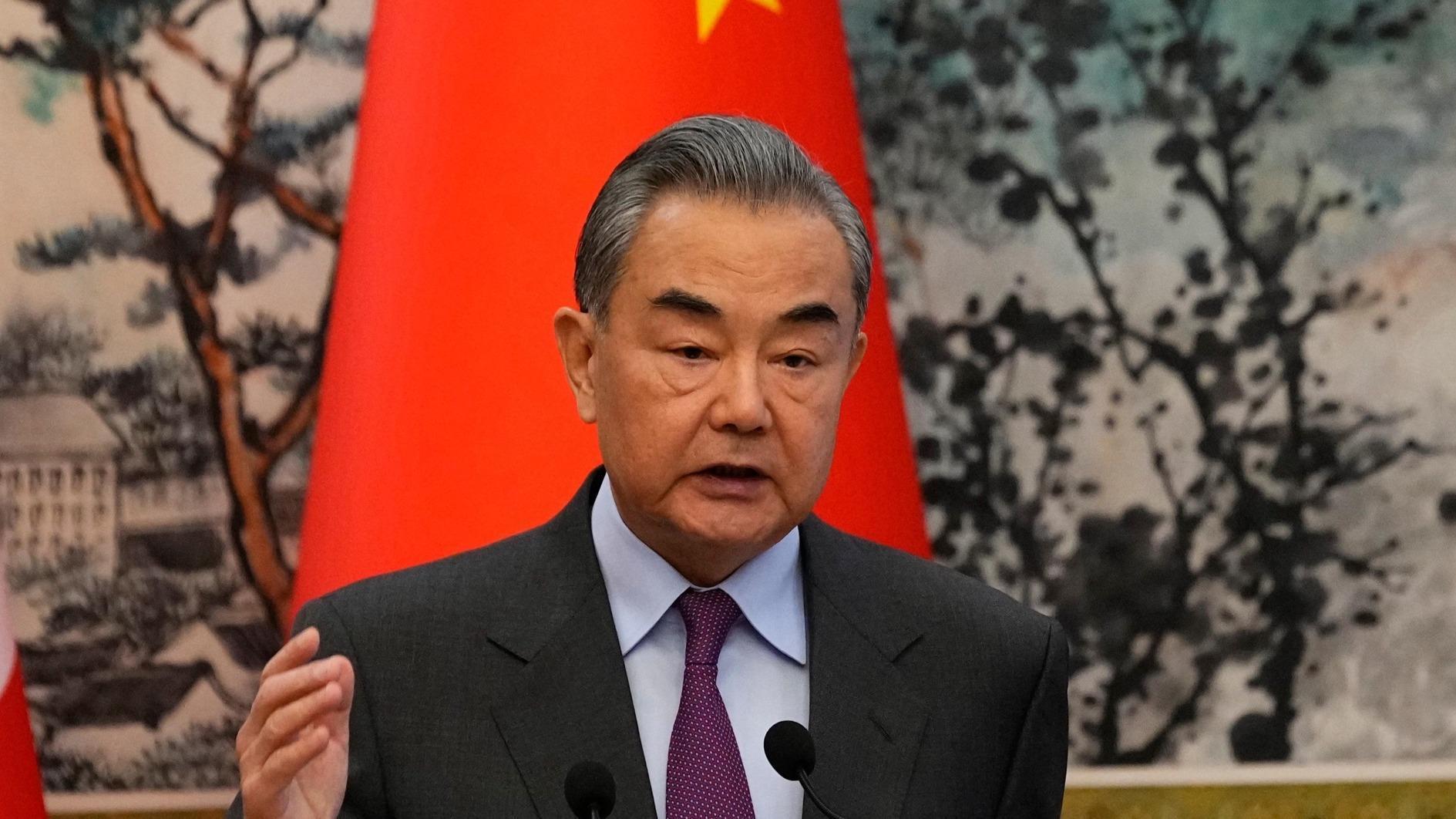Can Mattis’s visit save a troubled partnership?
Turkey has been pursuing some intense diplomacy in recent days.
A week after Iranian Chief of Staff Mohammad Bagheri’s visit to Turkey—the first such visit since 1979—U.S. Secretary of Defense Jim Mattis came to Ankara.
Russian Chief of Staff Gen. Valery Gerasimov, is also expected to visit Turkey this week.
In parallel to the achievements on the ground against the Islamic State of Iraq and the Levant (ISIL), operations in Syria and Iraq have been entering their next phase. But it is too early to say whether this will be a season finale or a grand finale, as the end game is about which actor(s) will control the areas abandoned by a retreating ISIL. Therefore, the diplomatic initiatives have intensified, preparing the ground for a more permanent settlement through peace talks.
Turkey is concerned that the U.S. cooperation against ISIL with the People’s Protection Units (YPG), which constitutes the backbone of the Syrian Democratic Forces (SDF), will evolve into a long-term partnership and that a Kurdish corridor will be established along its border, all the way to the Mediterranean.
“Whatever the price, we will conduct the necessary intervention,” President Recep Tayyip Erdoğan said on his plane while returning from Jordan the other day.
After his meeting with Bagheri, Erdoğan declared that Turkey and Iran were considering a joint operation against the Kurdistan Workers’ Party (PKK) in Iraq’s Sinjar region, only for the claim to be denied by Iran’s Revolutionary Guards. Still, it was yet another sign that Turkey has been seeking partners other than the U.S. to achieve its goals.
Turkey has long complained that its NATO allies have not taken its security concerns seriously. Foreign Minister Mevlüt Çavuşoğlu’s recent suggestion that Russia better understands Turkey also reflects this frustration.
It is not possible to make appropriate assumptions about either the content or the scope of Washington’s Middle East policy, or its post-ISIL strategy, let alone know if such a strategy even exists amid the acute confusion and distraction on Capitol Hill caused by the Donald Trump presidency. Nevertheless, containing Iran remains the most significant element of the current administration’s policy in the region. U.S.-Russian bargaining on the establishment of de-escalation zones in southern Syria—outside the Astana peace process—to free the Golan Heights of Hezbollah forces also served that purpose, while addressing Israel’s security concerns.
In this respect, it is not hard to guess that Turkey’s overtures to Iran due to their common threat perceptions are unlikely to have pleased Washington.
Interestingly, Turkey’s press failed to mention the U.S. “concern over the malign influence of Iran,” which was in the readout issued by the Pentagon after Mattis’s visit.
Turkey, Russia and Iran have already been cooperating in Syria for quite some time under the Astana peace process. But when assessed in line with Turkey’s possible purchase of S-400 missiles from Russia and plans to launch a cross-border operation on Idlib, Turkey seems to be moving closer to the Russia-Iran axis, even while not necessarily breaking ties with Washington.
The idea of a “strategic partnership” has always been an overly ambitious concept in defining the nature of bilateral relations between Turkey and the U.S., but in the course of Syria’s war, the two countries have become two partners with different sets of priorities and threat perceptions, ensuring they cannot agree on a common strategy. Worse, trust has eroded on both sides.
Still, they do not want to burn bridges.
Mattis’s visit should be interpreted as a manifestation of commitment to the bilateral relationship. Mattis came to Ankara to reassure Turkey of its concerns within the limits of his agenda. Accordingly, the secretary told his counterpart once more that U.S. cooperation with the YPG was only tactical and would end once ISIL is defeated. Moreover, the U.S. will provide intelligence so that the arms given to the YPG will not end up in the hands of the PKK.
The two countries have agreed to preserve the territorial integrity of Syria and Iraq, and both are opposed to Kurdish northern Iraq’s independence referendum on Sept. 25.
As they say, action speaks louder than words, and only time will be able to judge the U.S.’s sincerity on its commitment to Turkey’s concerns. The developments warrant close attention.











